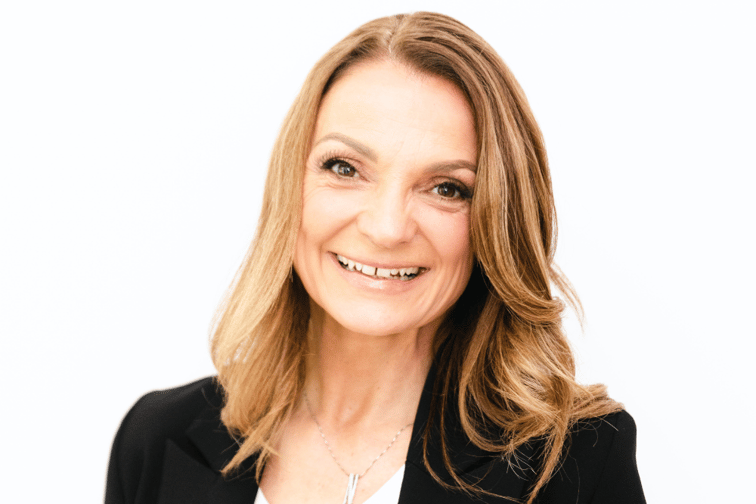

By
The 7.1% indexation of HECS-HELP debt on June 1 is likely to make university debt a bigger part of first homebuyer planning, according to mortgage broker Nikki Berzin.
Berzin (pictured above), the owner of Cherry Lending & Finance in Victoria’s Mornington Peninsula, said university debts had so far not affected a lot of customers, which include first home buyers.
However, she said the indexation this year – which had shocked many with HECS-HELP loans as it was tied to inflation – would have a growing impact on borrowers looking to achieve homeownership.
“HECS-HELP debts now have to be a major consideration as part of planning to buy a home because of the index going up. It could impact people – I am concerned a little about it going up so much,” Berzin said.
The looming 7.1% hike in debt is higher than 3.9% last year and standard increases of around 2%.
Financial comparison website Canstar recently warned buyers that debts and expenses could wipe out thousands of dollars in borrowing power, and included HECS-HELP debts in their calculations.
Canstar found the average pre-indexation higher education debt of $24,771 could cut a solo buyer’s borrowing power by as much as $57,000 to $315,000 if they were on an average income of $94,000.
Student debt often misunderstood by home loan applicants
Berzin said HECS-HELP was a “misunderstood” debt, as prospective borrowers often did not realise it had to be included in serviceability calculations once they reached a specified repayment threshold.
The repayment threshold at which debts need to be paid was $48,361 in the 2022-23 income year.
The impact of student debt is more pronounced on the overall outcome, Berzin said, if borrowers came with other debts, like car loans, personal loans, credit cards and Buy Now Pay Later debts.
Canstar editor-at-large and money expert, Effie Zahos, said that a home loan applicant that was juggling the average HECS or HELP debt, plus a $30,000 car loan and a credit card with a $10,000 limit, could end up shortchanging themselves by up to $178,000 in borrowing power.
“A solo borrower who has had $178,000 deducted from their borrowing power can now only borrow $194,000,” Zahos said. “Even with a 20% deposit, they would be in the market for a $242,500 property, which doesn’t leave them a lot of options.”
Canstar said the closest median property price would be a unit in regional South Australia for $278,549 based on CoreLogic data.
People will need to balance study and jobs with borrowing power
Berzin said because every borrower’s situation was different, it was not as simple as borrowers choosing to pay their university debts before the date of indexation or before applying for a home loan.
She said one reason was because paying off the debt would eat into any deposit a borrower had saved.
“If they had the money at the point of assessment, and they found they could get rid of the debt and put themselves in a better position, that’s worth thinking about – but you don’t see it very often.”
Berzin said other factors influenced how big an impact the debt would have on an overall application – such as if the clients were a couple and only one of the two partners on the application had a student debt.
This often occurs in Berzin’s client base; Cherry Lending and Finance specialises in emergency services and self-employed industries as well as first home buyers, where some job roles like tradies do not have student loans.
“I had an application recently where both had high HECS debts and it did impact borrowing capacity, but they were both in good jobs – the pay was good enough, and they didn’t have any other debts.”
Berzin said while you would never advise someone not to go and study because they would not be able to buy a house, people would need to consider the impact of the debts in the future.
“That’s especially the case if people are just jumping around and studying all kinds of things and racking up HECS-HELP debts,” she said. “It’s a bit of a Catch-22 really – you may have to study to get a job, but then it can also end up impacting your borrowing power.”
